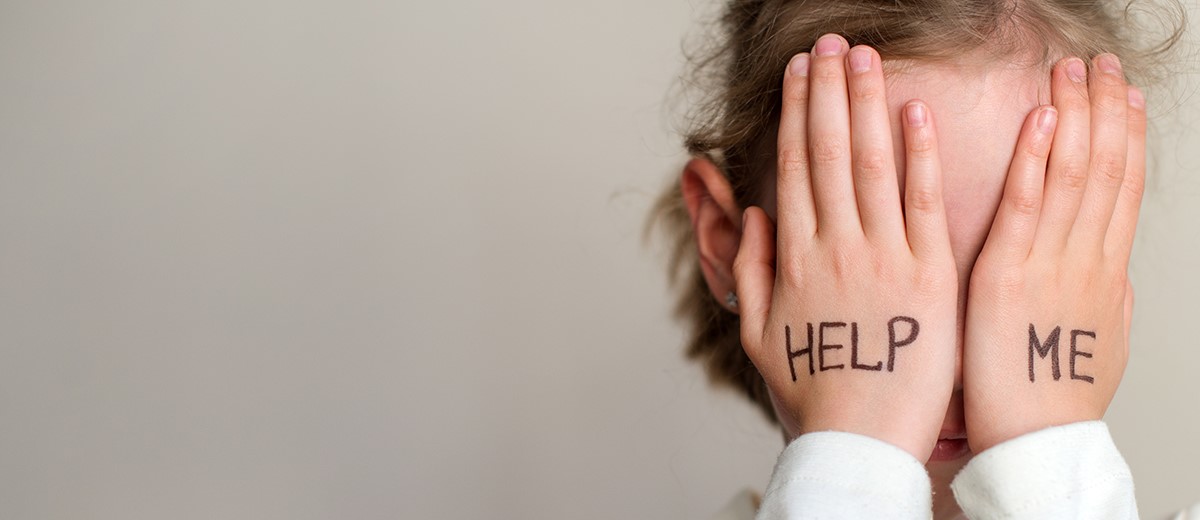The American Academy of Pediatrics (AAP) reports that despite a significant number of child abuse and neglect cases going unreported, 1 in every 4 children experience abuse or neglect in their lifetime. Defined as an "act or series of acts of commission or omission by a parent or other caregiver that results in harm, the potential for harm, or threat of harm to a child," child maltreatment has been deemed a "serious public health problem" by the Centers for Disease Control and Prevention (CDC).
Child abuse and maltreatment can have a lasting and devastating impact on a child's physical and mental health. In addition to the immediate effects of abuse, including physical injuries and emotional trauma, children who have been maltreated demonstrate higher rates of alcoholism, drug abuse, depression, smoking, multiple sexual partners, suicide, and chronic disease. Changes in the brain from chronic child maltreatment can increase the risk of problems related to attention, memory, and learning, and stress associated with abuse or neglect can severely impair the nervous and immune systems.
Exact definitions of child abuse and neglect and laws regarding reporting child maltreatment and outlining specific protocols can vary by state. Still, school nurses are mandated reporters in all 50 states, the District of Columbia, and the U.S. territories. This means they must legally report suspected child abuse, maltreatment, or neglect to the appropriate authorities. Because of their frequent interactions with students, school nurses are well-positioned to identify and report suspected cases of child maltreatment. Knowledge of local laws, regulations, policies, and appropriate reporting procedures is a professional and ethical responsibility of school nurses.
Recognizing the signs and potential indicators of child maltreatment in the school setting is important for all school personnel, particularly school nurses who routinely assess injuries, attend to students' emotional needs, and consistently provide a safe and trustworthy environment in the school health office. Child maltreatment may present in various ways, and a thorough assessment of a student who is a suspected victim in a private setting is essential. Administering first aid interventions and providing the appropriate medical care to treat injuries or wounds should always be the priority.
Following assessment, ensuring the safety of the student, and addressing any acute or urgent medical needs, it is the school nurse's responsibility, if maltreatment is suspected, to initiate a report to the agency or agencies responsible for child abuse and neglect, as outlined in their state-specific protocol - often within a prescribed timeframe. Reporting is legally required, regardless of directives or instructions not to report from supervisors or school administrators, and cannot be delegated. Comprehensive and accurate documentation, including verbatim quotes from the student and parents, clear descriptions of skin markings, and sources of all information, is critical to the reporting process.
School nurses can find the correct number to call in their state or county HERE.
Always remember, the school nurse's role is to recognize and report suspicion of abuse, while the role of law enforcement or other appropriate governing agency is to investigate. Reporting suspected child abuse to a governmental child protective agency is fundamental to preventing the recurrence and escalation of childhood maltreatment.





